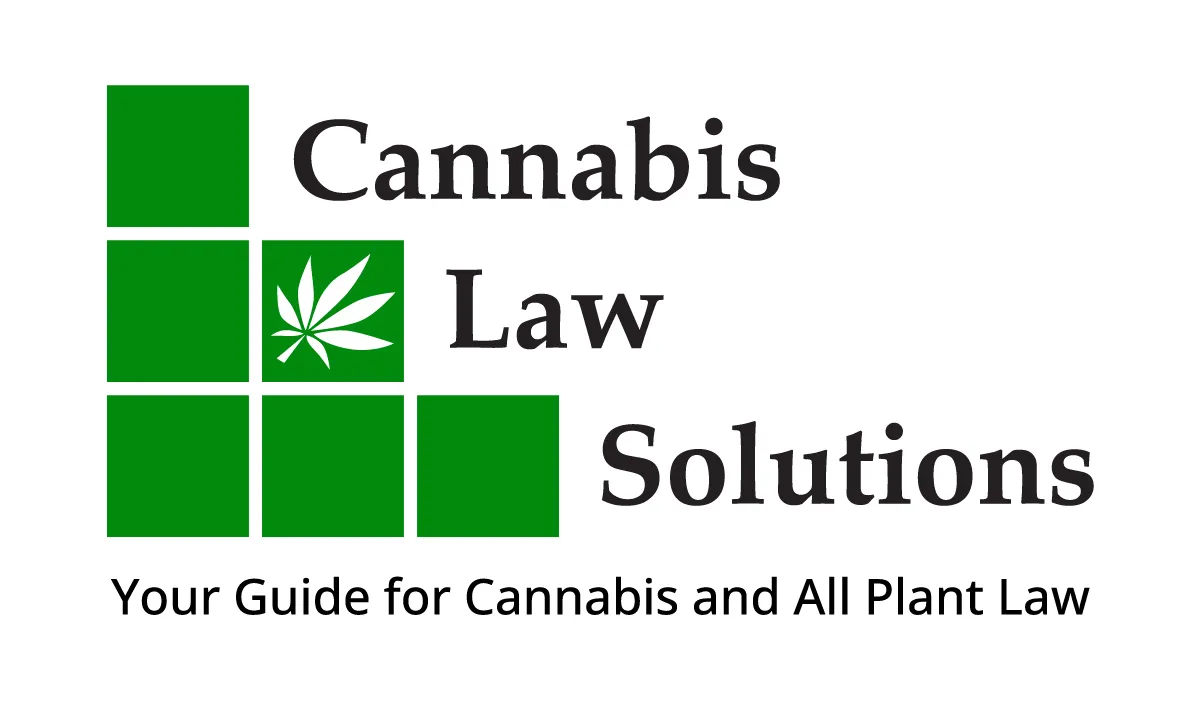By Micah Bucy
Nearly 10 months after an overwhelming, two-thirds majority of New Jerseyans voted to approve legalizing adult-use/ recreational cannabis, the application window during which New Jerseyans may seek approval to grow, manufacture, wholesale, distribute, dispense, and deliver cannabis is expected to be announced soon. The New Jersey Cannabis Regulatory, Enforcement Assistance, and Marketplace Modernization Act (“CREAMMA”) provides a timeline for when the Cannabis Regulatory Commission (“Commission”)—the agency tasked with implementing CREAMMA—must “begin accepting and processing applications.” In short, CREAMMA requires the Commission to start accepting and processing applications no more than 30 days after the Commission’s initial rules and regulations are adopted. On August 19th, the Commission adopted its initial regulations, so the countdown for the Commission to accept applications started to run at that time. CREAMMA also establishes a deadline before which the Commission must authorize retail sales: 180 days from August 19th. The bottom line is that CREAMMA establishes an ambitious timeline and the Commission is on the clock. So, what is known about the application process thus far? A good bit can be gleaned from the Commission’s 159-pages of regulations. What follows are some the of basics:
There will be six classes of licenses: Cultivator, Manufacturer, Wholesaler, Distributor, Retailer, and Delivery. The Commission may not approve more than 37 cultivators (also known as “Class 1 Licensees”) before February 22, 2023, inclusive of existing Alternative Treatment Centers that are “expanded” or authorized to participate in the recreational program but not including Microbusiness Licensees. There are no limits on the number of licenses the Commission may issue for the other classes of licenses. It is fair to assume that the Cultivator License will be a competitive application process, but it is not a guarantee that the other classes will be subjected to a competitive application process. That said, it seems unlikely that the Commission would issue licenses to anyone who simply meets the minimum requirements—the market would likely be saturated on day 1!
Within each class of license, there are two different types of licenses available: Annual and Conditional. While eventually all licensees will obtain an Annual License, a Conditional Licensee applicant will have an abbreviated initial application process and will obtain full approval to operate only after it has met the Commission’s standards. The Conditional License process appears to be targeted to screen out the multi-state operators from swooping in and securing the lion’s share of the licenses by limiting who may be an owner of a Conditional License applicant based on income levels.
An applicant can apply as 1 of 5 different categories of applicants: Social Equity Business Applicant (“SEBA”), Diversely Owned Business Applicant (“DOBA”), Impact Zone Business Applicant (“IZBA”), Microbusiness Applicant (“MA”), or a Standard Applicant. There are various requirements to qualify as a SEBA, DOBA, IZBA, or MA Applicant, but if an applicant so qualifies, then they are afforded “priority” when the Commission “reviews, scores, approves, and issues licenses.” It is not clear what benefit this “priority” confers.
Every Applicant will be required to have at least one owner or principal who has resided in New Jersey for two years preceding the date of the application submission. There are bonus points available for an Applicant that has individuals who have resided in New Jersey for at least five years prior to submission. The Applicant must submit proof of the 2-year requirement and the 5-year bonus point category. Additionally, there are other bonus point categories available that relate to labor peace agreements.
Every New Jersey municipality, until August 22nd, had the right to “opt-out” of authorizing cannabis businesses to be located within its jurisdiction, however no municipality could enact an ordinance banning a licensed cannabis delivery service from making deliveries in its jurisdiction. It appears that nearly 70% of municipalities enacted ordinances banning cannabis businesses from being located within its jurisdiction. Some simply do not want cannabis businesses, but it appears that many simply desired more time to establish local rules and regulations for operating; beginning on August 23rd CREAMMA implemented a 5-year moratorium on opting out, but municipalities that previously opted-out are permitted to opt back in during this moratorium. The regulations are 159 pages, and yet they account for only a fraction of the considerations that should concern prospective applicants. Cannabis Law Solutions has New Jersey-licensed attorneys who are experienced in advising and drafting cannabis applications, including experience working on competitive applications during the New Jersey ATC application process. For further information, contact Judith Cassel at jdcassel@hmslegal.com or Micah Bucy at mrbucy@hmslegal.com.
 717-703-0804
717-703-0804